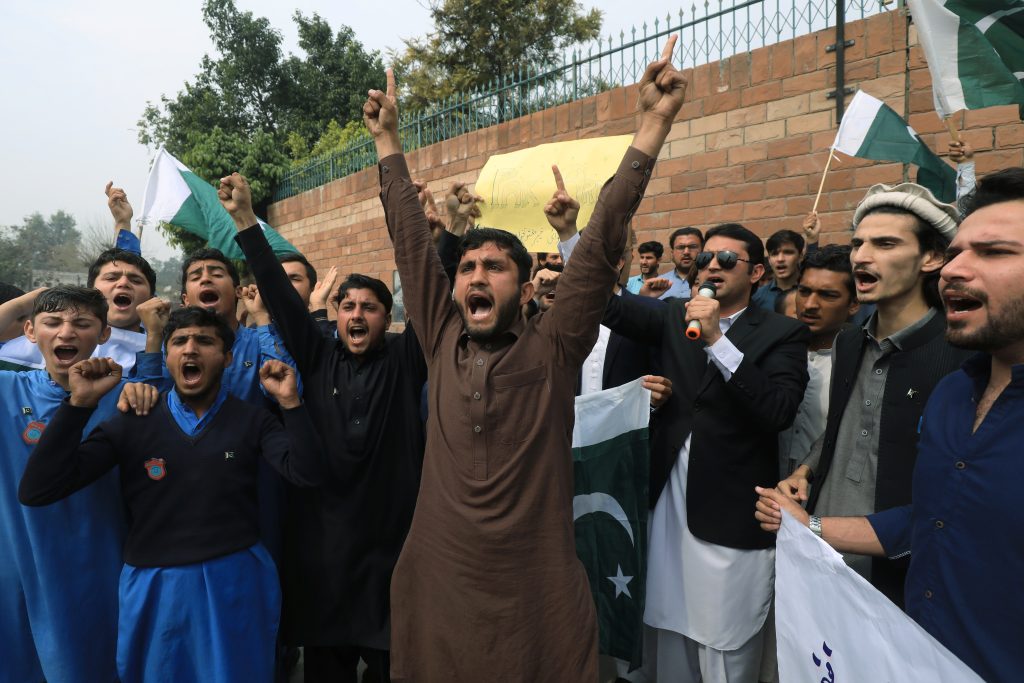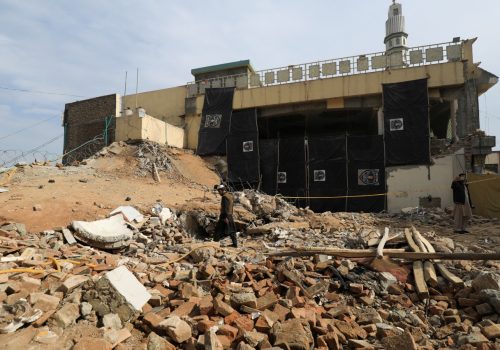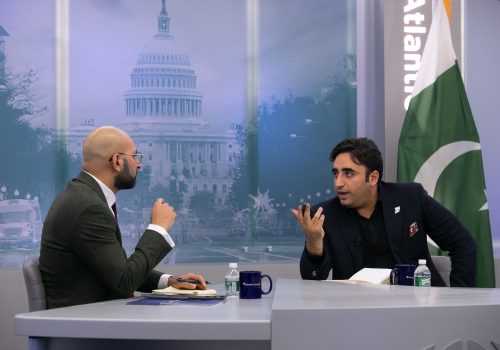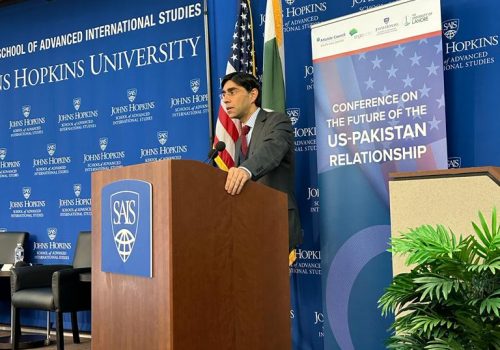After Operation Swift Retort four years ago, I argued that if Pakistan really wants to compete with India, it must focus on rapid economic growth. Regrettably, our national leadership has had other priorities, and we have fallen further behind.
The headline facts should startle us: in the past four years, India has added more to its gross domestic product (GDP) than the equivalent of two economies the size of Pakistan’s.
I had written that, in 1991, the Pakistani economy was 17 percent as large as India’s. By 2017, a decade-and-a-half of being outmatched on economic growth has left us less than 12 percent its size. Five years later, in 2022, our economy had slipped further and is now just 10.8 percent of the Indian economy.
Consider the human cost of misgovernance: Pakistan loses approximately 220,000 children more per year than we would if our child mortality rates reached Indian levels. That is, every year we lose to avoidable causes as many children as lives lost in the 1945 nuclear attacks on Hiroshima and Nagasaki.
In 1991, for every dollar that Pakistan earned, India earned less than six. Today, for every dollar Pakistan earns, India earns more than nine, and there is every sign of this gap worsening rapidly over the foreseeable future.
Much has been written about 1991; that fateful year in which India had forex reserves as low as Pakistan’s in 2023, but also a year in which an under-siege prime minister there showed the willingness to embark on fundamental reforms that would see average incomes quadruple over the next three decades. In a three-week period, India saw its currency lose 20 percent of its value; the vast majority of import controls abolished; a prime minister barely survive a vote of no-confidence and immediately redouble reforms; the announcement of a new industrial policy and privatization plan; and the approval of a budget that abolished major price controls and subsidies.
This flurry of focused action was possible because the Indian bureaucracy was high-quality and had done its homework for years, creating a detailed and rigorous roadmap for reforms waiting to be unleashed when politics provided an opportunity. These were academics trained at the world’s top universities working alongside bureaucrats who had been allowed to build specialized careers in economic affairs. This brain trust had observed China’s rise since Deng Xiaoping’s reforms of 1976 and the faltering of the Soviet Union. It wisely heeded the lessons of the time and articulated key goals for India. Macroeconomic stability had to be created, with public sector control over production and investment shrinking and the opening of India to foreign direct investment, while being careful to sequence reforms gradually to allow Indian industry a chance to survive international competition.
It was this homework that gave Prime Minister Narasimha Rao the clarity and confidence to declare: “My objective is to make India truly self-reliant. Self-reliance means the ability to pay for our imports through our exports. My motto is trade, not aid. Aid is a crutch. Trade builds pride. We believe that the nation, as well as the government, must learn to live within its means.” Rao was providing a politician’s flourish to a blueprint penned by his commerce secretary a year earlier. He continued: “Restoration of short-term microbalance requires urgent steps to control the fiscal deficit this year. Over the medium term, it requires reduction of the revenue deficit from around 4 percent of GDP in 1988–89 to no more than 2 percent of GDP by 1994–95.”
That blueprint—known as The M Document—married the breadth needed in thinking about country-level economic reforms with admirable precision and clarity.
India in 1991 had many advantages over Pakistan today, including arguably a better education system and certainly more settled political and legal institutions. That year, India already had nine out of ten children enrolled in primary school. Pakistan had less than six. It would take us another twenty-five years to cross India’s school enrollment levels from 1991.
Pakistan is experiencing perhaps the worst economic crisis since 1971. Indeed, all countries start from somewhere. But there is little evidence of serious introspection amongst the politically powerful.
As soon as it came into power last year, the ruling Pakistan Democratic Movement started pressing for consensus with opposition parties on a “Charter of Economy.” Leaving aside the absurdity of a democratically elected government waiting on opposition consensus to embark on reforms, one wonders where the ruling coalition’s proposal for that Charter is. For its part, the opposition Pakistan Tehreek-e-Insaf party of former prime minister Imran Khan also lacks a public blueprint describing the reforms the country needs.
Much has to go into such a charter: a plan for managing fiscal deficits at sustainable levels; taxation and subsidy reforms; a coherent trade policy; making the National Finance Commission award sustainable while expanding decentralization; bureaucracy, education, and power sector reforms; and others. The list is large, and everyone pays lip-service to the broad contours of the agenda with little or no intent to operationalize it.
Pakistan’s political parties need to lay out their specific plans, articulate the basic contours of those plans for the nation, and get on with the job while in power. Until this happens, Pakistan is likely to continue slipping further behind India.
Dr. Ali Hasanain is an Associate Professor of Economics at the Lahore University of Management Sciences (LUMS) and a non-resident senior fellow at the Atlantic Council’s South Asia Center.

The South Asia Center is the hub for the Atlantic Council’s analysis of the political, social, geographical, and cultural diversity of the region. At the intersection of South Asia and its geopolitics, SAC cultivates dialogue to shape policy and forge ties between the region and the global community.
Related content
Image: People chant slogans to commemorate Pakistan Air Force's 'Operation Swift Retort', following the shot down of Indian military aircrafts on February 27, 2019 in Kashmir, during a protest against India in Peshawar, Pakistan February 27, 2020. REUTERS/Fayaz Aziz



